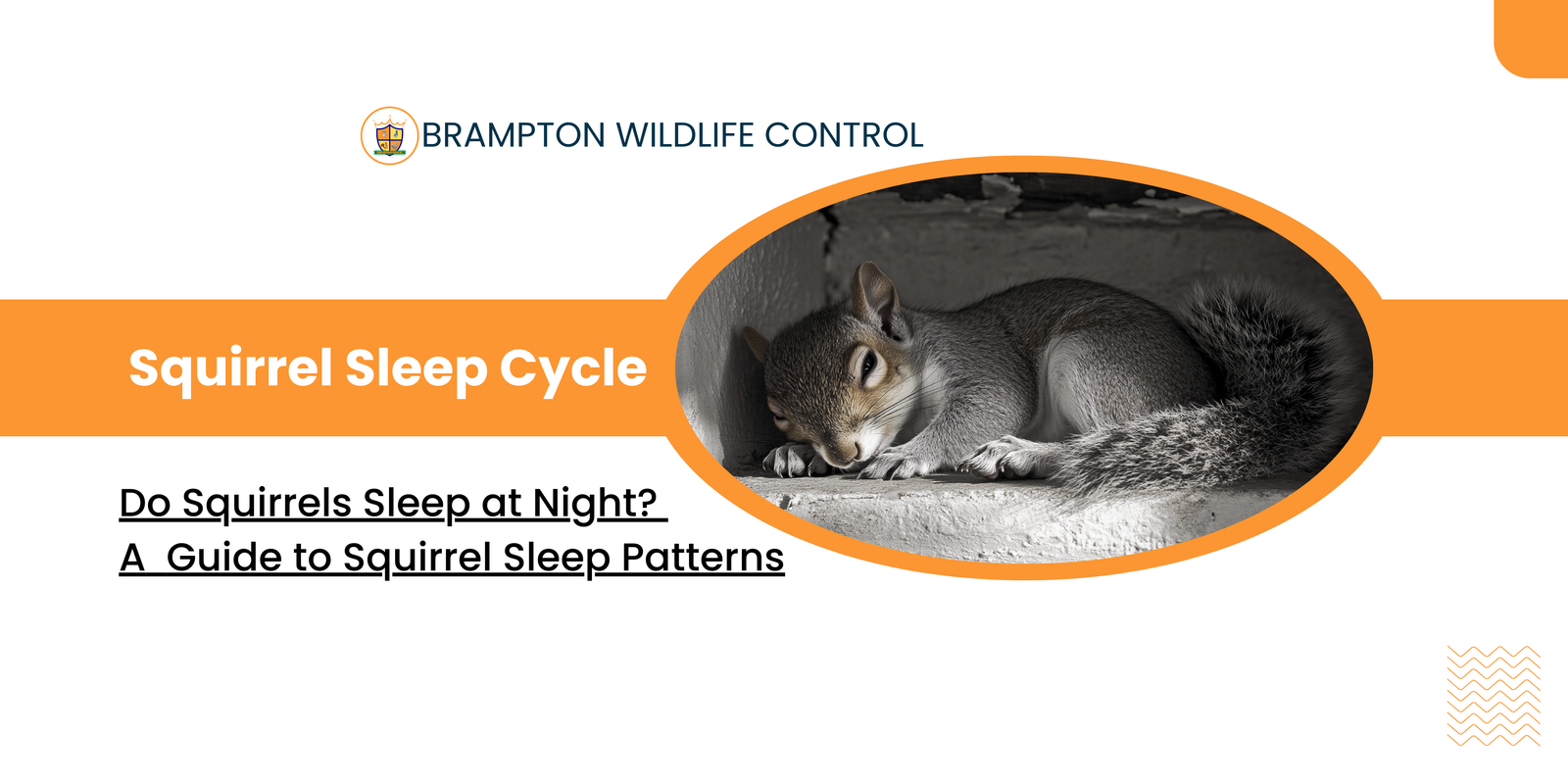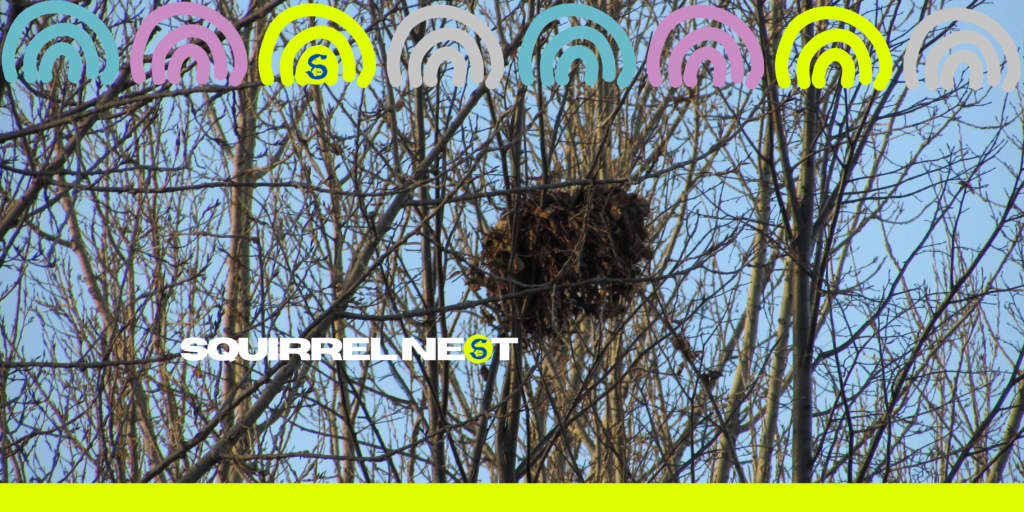Do Squirrels Sleep at Night? A Comprehensive Guide to Squirrel Sleep Patterns
Squirrels are fascinating creatures with habits that often leave us curious. Among the many questions we receive, one stands out: “Do squirrels sleep at night?” To understand the sleep patterns of these agile rodents, it’s essential to dive into their daily behaviors, habitats, and biological needs. This article provides an in-depth analysis of squirrel sleep habits, helping to clarify common misconceptions.
Understanding Squirrel Activity Cycles
Squirrels are diurnal animalsl, meaning they are most active during the day and sleep at night. This behavior contrasts with nocturnal animals like raccoons or owls, which are active during the night. Squirrels typically start their day early in the morning and are busy until dusk, after which they retreat to their nests or dens to rest.
The Role of Circadian Rhythms in Squirrel Sleep
Circadian rhythms are the internal biological clocks that regulate sleep and wake cycles in all animals, including squirrels. These rhythms are influenced by the day-night cycle of the environment, aligning a squirrel’s active periods with daylight. This alignment ensures that squirrels are awake during daylight hours when they can safely forage for food and avoid predators that are more active at night.
Squirrel Activity Cycle
- Sunrise: Increased Squirrel Activity
- Increased Squirrel Activity: Foraging
- Foraging: Nest Building
- Nest Building: Midday Rest
- Midday Rest: Resumed Activity
- Resumed Activity: Sunset
- Sunset: Sleep in Nests

Where Do Squirrels Sleep?
Squirrels sleep in nests, also known as dreys, or in tree cavities. These nests are constructed from leaves, twigs, and other natural materials, creating a warm and secure environment for resting. Squirrels typically build their nests high up in trees to avoid predators, although some species, like ground squirrels, will burrow into the earth to create their dens.
Types of Squirrel Nests
- Dreys: These are the most common type of nest used by tree squirrels. Built in the fork of a tree, dreys are often mistaken for bird nests but are typically larger and made of a more complex weave of twigs and leaves.
- Cavities: Some squirrels prefer to live in hollowed-out sections of trees. These cavities offer more protection from the elements and predators, making them an ideal resting place, especially during colder months.

Squirrel Sleep Patterns by Season
Squirrel sleep patterns can vary by season. In the summer, when food is plentiful, squirrels may take multiple naps throughout the day in addition to their main sleep at night. During the winter, particularly in colder climates, squirrels may enter a state of torpor, a light hibernation where their metabolic rate decreases, and they sleep for longer periods to conserve energy.
Winter Torpor vs. Hibernation
It’s important to note that while some may believe squirrels hibernate, they do not fully hibernate like bears. Instead, they experience torpor, a period of reduced activity and lower body temperature. During this time, they remain in their nests, sleeping for extended periods and only occasionally venturing out to forage when the weather is mild.
How Much Sleep Do Squirrels Need?
Squirrels generally sleep for around 14 hours a day, depending on the season and their energy needs. The long sleep periods are essential for maintaining their high-energy lifestyle, as they require significant rest to replenish their energy reserves.
Factors Influencing Squirrel Sleep Duration
- Food Availability: When food is scarce, squirrels may sleep more to conserve energy.
- Predator Presence: In areas with high predator activity, squirrels might reduce their movement during the day and increase sleep to avoid detection.
- Weather Conditions: Harsh weather can lead squirrels to increase sleep duration, particularly during storms or extreme cold.
Conclusion
Understanding squirrel sleep patterns provides insight into their daily lives and survival strategies. Squirrels, being diurnal, align their active hours with daylight, ensuring they can forage and build nests safely. At night, they retreat to their well-constructed nests, where they sleep soundly, conserving energy for the next day’s activities. These patterns, influenced by environmental factors, are crucial for their survival.
Squirrels are not nocturnal, and they do indeed sleep at night. Their sleep is critical to maintaining their high levels of activity and ensuring their survival in the wild. By comprehending these sleep behaviors, we gain a greater appreciation for these agile and industrious animals.








Comments are closed.